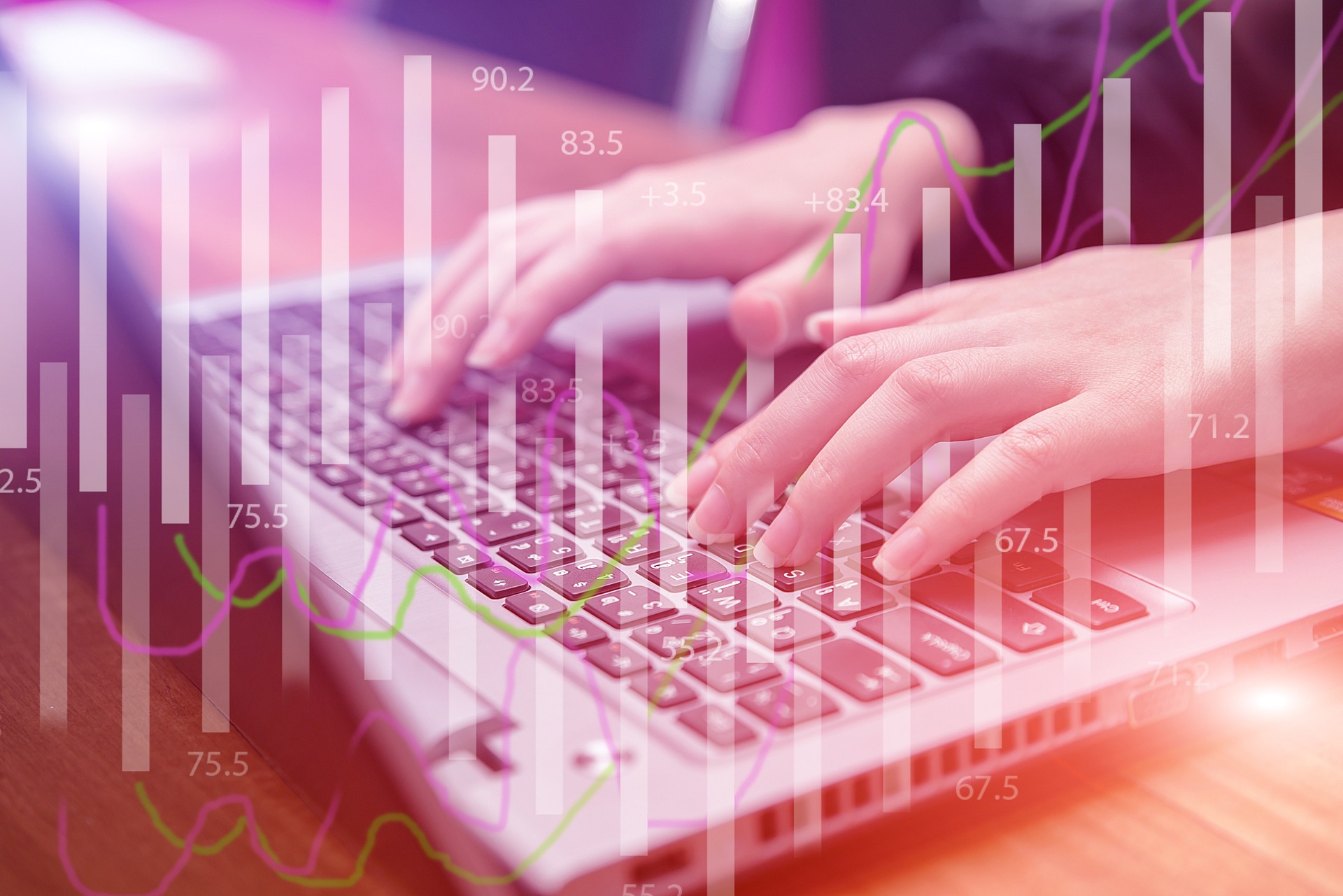Benefits and Types of Retail Analytics Tools
Retail companies rely heavily on data to make marketing decisions, increase customer satisfaction, mitigate risks, and meet other business goals in the long run. But gathering and analyzing large volumes of data can be quite challenging, particularly as a company expands. That’s why investing in a retail analytics platform has become important. The software can make this process hassle-free, accurate, and quick for retailers, contributing to their growth and profitability.

Unlocking Retail Success: The Power of Analytics Software
In today’s competitive retail landscape, businesses are constantly seeking ways to gain an edge. Enter retail analytics software, a game-changing tool that’s revolutionizing the way companies understand and interact with their customers. This powerful technology allows retailers to harness the vast amounts of data generated by their operations, transforming raw information into actionable insights that drive growth and profitability.
Understanding Retail Analytics: A Data-Driven Approach
Retail analytics refers to the process of collecting, analyzing, and interpreting data from various sources within a retail operation. This includes sales figures, inventory levels, customer behavior, and market trends. By leveraging advanced analytics software, retailers can gain a comprehensive view of their business, enabling them to make informed decisions and implement targeted strategies.
The Benefits of Implementing Retail Analytics Tools
Implementing retail analytics tools offers numerous advantages for businesses of all sizes. One of the primary benefits is improved inventory management. By analyzing sales patterns and stock levels, retailers can optimize their inventory, reducing waste and ensuring popular items are always in stock. This leads to increased customer satisfaction and higher profit margins.
Enhancing Customer Experience Through Data Insights
Another significant advantage of retail analytics is its ability to enhance the customer experience. By analyzing customer data, retailers can personalize their marketing efforts, tailor product recommendations, and create targeted promotions. This level of personalization not only improves customer satisfaction but also increases loyalty and drives repeat business.
Types of Retail Analytics Tools: Choosing the Right Solution
There are various types of retail analytics tools available in the market, each designed to address specific aspects of retail operations. Predictive analytics tools use historical data to forecast future trends, helping retailers make proactive decisions. Descriptive analytics tools provide insights into past performance, while prescriptive analytics offer recommendations for future actions based on data analysis.
Overcoming Challenges in Retail Analytics Implementation
While the benefits of retail analytics are clear, implementing these tools can present challenges. One common hurdle is data integration, as many retailers struggle to combine data from multiple sources into a cohesive system. Additionally, ensuring data accuracy and maintaining customer privacy are crucial considerations when implementing analytics software.
Comparing Top Retail Analytics Software Providers
When it comes to choosing a retail analytics software provider, several options are available in the United States. Here’s a comparison of some leading providers:
| Product | Provider | Cost Estimation |
|---|---|---|
| Retail Pro | Retail Pro International | $200-$300 per user/month |
| RetailNext | RetailNext, Inc. | Custom pricing, typically $500-$2000/month |
| Quantum Retail | Quantum Retail Technology | $1000-$5000/month depending on scale |
| SAS Retail Analytics | SAS Institute | Custom pricing, generally $2000-$10000/month |
Note: The cost estimations provided are approximate and may vary based on specific business needs, scale of operations, and customization requirements. It is encouraged to conduct independent research and request quotes directly from providers for accurate pricing information.
Retail analytics software has become an indispensable tool for modern retailers. By harnessing the power of data, businesses can gain valuable insights into their operations, customers, and market trends. This enables them to make informed decisions, optimize their processes, and stay ahead of the competition in an increasingly dynamic retail environment.
As technology continues to evolve, the capabilities of retail analytics software will only grow, offering even more sophisticated tools for retailers to leverage. From artificial intelligence-driven predictive models to real-time analytics dashboards, the future of retail analytics promises to bring even greater opportunities for businesses to thrive in the digital age.
The shared information of this article is up-to-date as of the publishing date. For more up-to-date information, please conduct own research.




